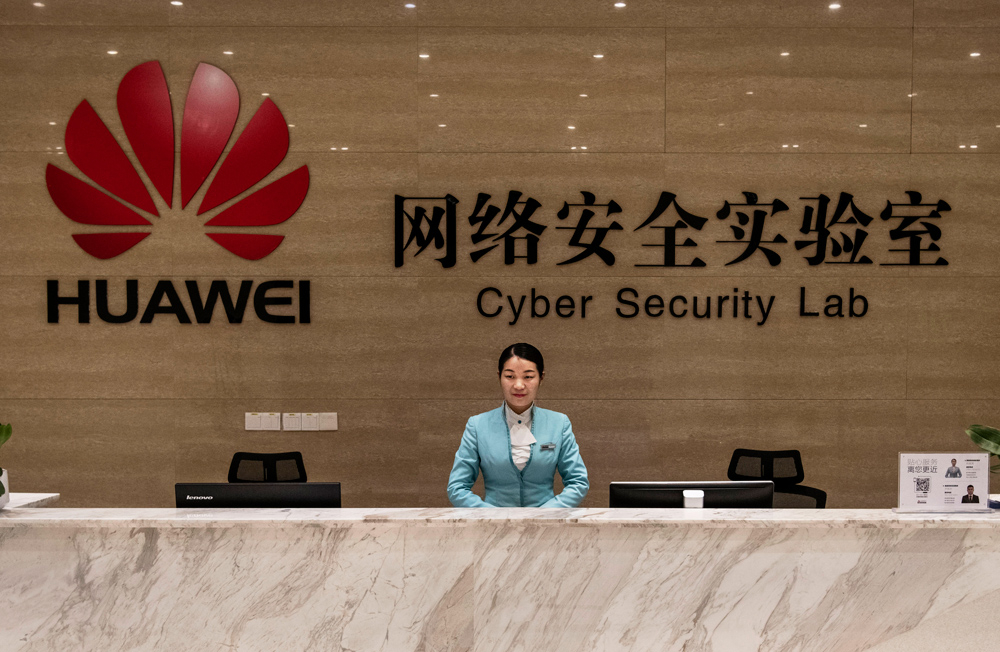|
by Gordon G. Chang • July 12,
2019 at 5:00 am
- Huawei is in no
position to resist Beijing's demands to illicitly gather
intelligence. For one thing, Beijing owns Huawei. The
Shenzhen-based enterprise maintains it is
"employee-owned," but that is an exaggeration.
Founder Ren Zhengfei holds a 1 percent stake, and the
remainder is effectively owned by the state. Moreover, in the
Communist Party's top-down system, no one can resist a command
from the ruling organization.
- The concern is that
the Chinese government and military will be able to use Huawei
equipment to remotely manipulate devices networked on the
Internet of Things (IoT), no matter where those devices are
located. So, China may be able to drive your car into oncoming
traffic, unlock your front door, or turn off or speed up your
pacemaker.
- On Tuesday, Commerce
Secretary Wilbur Ross echoed earlier administration comments
when he promised his department would only issue exemptions
"where there is no threat to U.S. national
security." That sounds reassuring, but it is not possible
to divide Huawei into threatening and non-threatening
components. Huawei management can take profits from
innocuous-looking parts of the business to support the
obviously dangerous parts. Money is fungible, so the only safe
course would be to prohibit all transactions with the company.
- Beijing, buoyed by
the talk of the American climb-down, is now fast selling
Huawei equipment around the world, which means, in the normal
course of events, the Chinese will soon control the world's 5G
backbone.

Huawei
Technologies, the Chinese telecom giant, is in no position to
resist Beijing's demands to illicitly gather intelligence. For one
thing, Beijing owns Huawei. Moreover, in the Communist Party's
top-down system, no one can resist a command from the ruling
organization. (Photo by Kevin Frayer/Getty Images)
Tuesday, Commerce Secretary Wilbur Ross outlined the
scope of exemptions to be granted to sales and licenses to Huawei
Technologies, the Chinese telecom giant.
At the end of last month, President Donald Trump
publicly promised to give the Chinese company a reprieve from newly
implemented U.S. restrictions.
Trump's move, announced after his meeting with
Chinese ruler Xi Jinping at the conclusion of the Osaka G20 summit,
was a strategic mistake. Moreover, it was a humiliation for the
United States, almost an acknowledgment of Beijing's supremacy.
The U.S. Commerce Department, effective May 16,
added Huawei, the world's largest networking equipment manufacturer
and second-largest smartphone maker, to its Entity List. The
designation means that no American company, without prior approval
from the Bureau of Industry and Security, is allowed to sell or
license to Huawei products and technology covered by the U.S.
Export Administration Regulations.
|































No comments:
Post a Comment